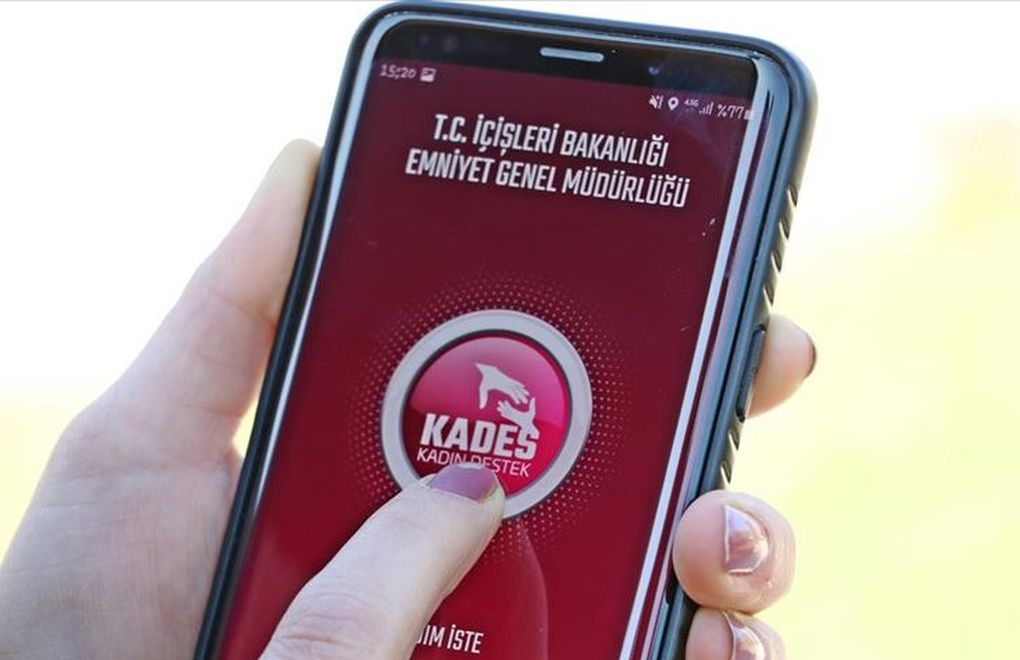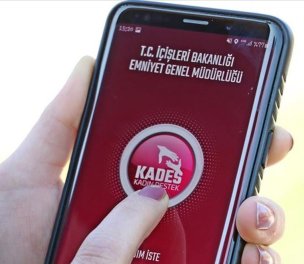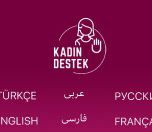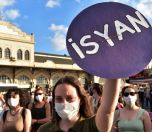Click to read the article in Turkish
Peoples' Democratic Party (HDP) MP Gülüstan Kılıç Koçyiğit has submitted a Parliamentary question and asked the Interior Ministry why Kurdish has not been added to the list of languages that the Women's Emergency Support (KADES) application is offering services in.
Developed and introduced by the Ministry of Interior in March 2018, the KADES application is now offering services in Persian, Arabic, English, Russian and French, in addition to Turkish.
The new languages added to the app have recently been announced by the Directorate General of Security on its social media account.
Referring to this post in her Parliamentary question, HDP's Kılıç Koçyiğit has noted that Kurdish is the second most widely spoken language of Turkey and asked the reason why it is not among the languages of KADES.
'Altınmakas couldn't file a complaint'
The MP has also reminded that Ministry that Fatma Altınmakas, who was raped within her family and killed by her husband in Muş on July 14, 2020, could not file a criminal complaint because there was no interpreter at the police station and the trial was not heard in a fair manner, either.
'Why no Kurdish?'
Accordingly, Kılıç Koçyiğit has asked Minister of Interior Süleyman Soylu the following questions about the issue:
"Out of what necessity have the languages of Persian, Arabic, English, Russian and French been added to the KADES application?
"Considering within the context of the right to an effective remedy and access to justice, what is the reason for not adding Kurdish, the second most widely used language in Turkey, to the application?
"A woman using the KADES app can swiftly ask a question to law enforcement agencies and take legal action against the perpetrator of violence by using the 'Ask for help' button. That being the case, how can the law enforcement be notified about the violence in the event that the woman subjected to violence knows no language other than Kurdish?
Gülüstan Kılıç Koçyiğit has also asked the Ministry for statistical data about the provinces where the app is most frequently used, the number of women using the app actively and the measures taken by the law enforcement agencies after the complaints are notified to them. (SO/SD)









